Towards a Heuristic Model for Experiential AI
Drew Hemment, Martin Zeilinger, Matjaz Vidmar, Jake Elwes, Holly Warner, David Sarmiento, Robin Hill
ABSTRACT
Based on the rapid pace of evolving creative practice in AI arts, we identify and respond to an urgent need to develop frameworks for analysing the critical dimensions (including social/political) of this emerging field. This paper offers a comprehensive case study of The Zizi Show, by Jake Elwes, developed as part of The New Real and Experiential AI programme at the Edinburgh Futures Institute within the University of Edinburgh. Based on this case study analysis, we propose the structuring of distinct project characteristics into four categories (socio-cultural and institutional aspects; technology and media; experience and affect; and audience and impact) which form the basis for a heuristic model. The statements/descriptors collected in each category serve to capture creative and design strategies that can lead design processes from cultural and technological perspectives, enable projects’ cross-examination and evaluation and surface blindspots in the creative process.
Proceedings of the Design Research Society International Conference, 2022
Cite as:
Hemment, D., Zeilinger, M., Vidmar, M., Elwes, J., Warner, H., Sarmiento, D., and Hill, R. (2022) Towards a heuristic model for experiential AI: Analysing the Zizi show in the new real, in Lockton, D., Lenzi, S., Hekkert, P., Oak, A., Sádaba, J., Lloyd, P. (eds.), DRS2022: Bilbao, 25 June - 3 July, Bilbao, Spain. https://doi.org/10.21606/drs.2022.808
